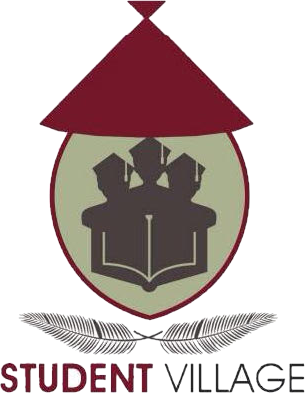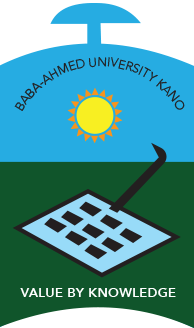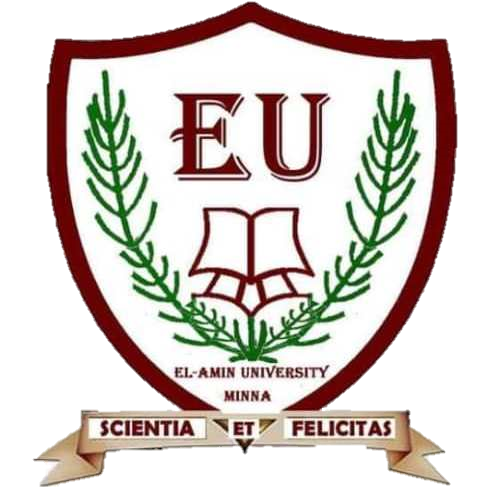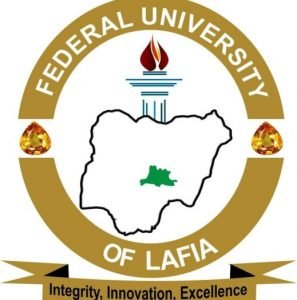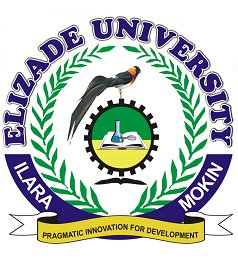A well-known pre-university program in Nigeria called the Interim Joint Matriculation Board (IJMB) was created to assist students in getting into Nigerian institutions without having to pass the Joint Admission and Matriculation Board (JAMB).
Related; What Is IJMB Hostel Like – Should I Stay There?
The IJMB program is a nine-month intense program that aids students in getting ready for college by providing them with advanced-level courses that are similar to the first year of college.
How many subjects they must give per course is one of the queries that students frequently have regarding the IJMB program. We shall examine the number of subjects that IJMB students must offer per course in this post.
The IJMB program is structured in such a way that students are required to offer three subjects related to their intended field of study in the university. The three subjects that IJMB students are required to offer per course are referred to as “combination” in the IJMB program. The combination of subjects that students are required to offer depends on the course they intend to study at the university.
Related; What is a Failing Score in IJMB: Understanding the IJMB Grading System
For instance, a student who plans to enroll in the university’s program for medicine and surgery must be able to pass the following three courses: physics, chemistry, and biology. Corresponding to this, a student who plans to major in law at the institution must also take the following three courses: government, English literature, and either Christian or Islamic religious studies.
The combination of subjects that IJMB students are required to offer per course is designed to help students gain a deeper understanding of the course they intend to study at the university. The program is structured in such a way that the subjects that students offer are related to their intended field of study in the university.
Major Courses And Their IJMB Subject Combination
Here are 15 major courses and their IJMB subject combination across science, commercial, and art departments:
Science Department:
- Medicine and Surgery: Physics, Chemistry, Biology
- Engineering (Electrical, Mechanical, Civil, Chemical, etc.): Physics, Chemistry, Mathematics
- Computer Science: Physics, Mathematics, Chemistry
- Pharmacy: Physics, Chemistry, Biology
- Nursing: Physics, Chemistry, Biology
- Biochemistry: Physics, Chemistry, Biology
- Microbiology: Physics, Chemistry, Biology
- Agricultural Science: Chemistry, Biology, Agric Science or Physics
Commercial Department:
9. Accounting: Accounting, Economics, Mathematics or Government
- Business Administration: Accounting, Economics, Mathematics or Government
- Banking and Finance: Accounting, Economics, Mathematics or Government
- Marketing: Economics, Government, Mathematics or Geography
Art Department:
13. Law: Government, Literature in English, Christian Religious Studies/Islamic Religious Studies
- International Relations: Government, Literature in English, Christian Religious Studies/Islamic Religious Studies or Economics
- Mass Communication: Government, Literature in English, Christian Religious Studies/Islamic Religious Studies or Economics
It’s crucial to remember that the topic pairings may change based on the institution conducting the IJMB program and its particular criteria. It’s advisable to check directly with the university to make sure you have the appropriate subject pairings for the course you want to take.
Conclusion
In conclusion, IJMB students are obliged to teach three subjects that are pertinent to the university program they plan to attend. Depending on the university course they plan to take, students must offer a specific combination of disciplines. The curriculum is designed such that the disciplines that students give are pertinent to the university field of study they plan to pursue.
